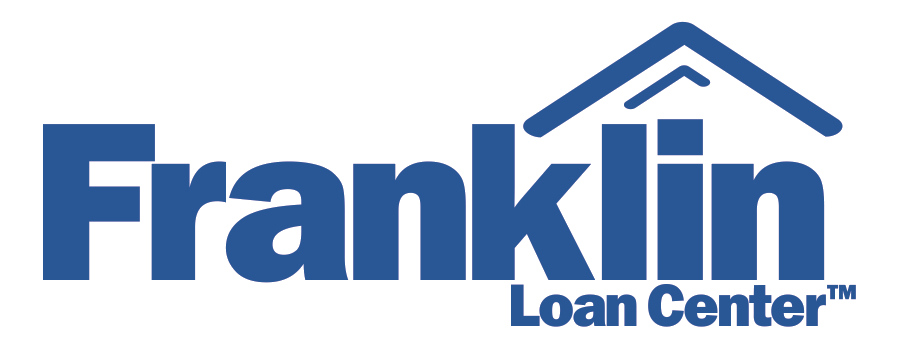Be Careful of Mortgage Scams
Filed under: Market Comentary
 Due to the economy’s financial status and the housing market that is slowly recovering, home buyers need to be cautious of the possibility of various mortgage scams currently out there.
Due to the economy’s financial status and the housing market that is slowly recovering, home buyers need to be cautious of the possibility of various mortgage scams currently out there.
A recent article from Polyana da Costa from Scripps Howard News Service looks at a number of ways scammers attempt to dupe you into believing what you are doing is a good thing.
So how do these scammers con you? According to Yolanda McGill, senior counsel for the Fair Housing & Fair Lending Project, she states, “The crooks make the deal sound attractive and legit. Thousands of homeowners are duped in mortgage scams each year, and con artists don’t have to look far for victims.”
McGill adds that most of the these victims actually reach out to the scammers themselves, mainly through Internet searches.
One of the scams that homeowners need to be aware of is what is called a “theft in deed.” When owners are lured by promises of better interest rates and lower mortgage payments, these scammers will often pose as mortgage professionals or even attorneys who promise to modify or refinance the homeowner’s mortgage. And, in the modification papers the homeowner signs, there will be one page that actually transfers ownership of the property to the perpetrators or to a company related to them.
This is why it is so important to make sure you read and understand every page of the document. Da Costa explains that borrowers are so worried about the “numbers” of the new, lower rate or mortgage payment, they will forget to read all of the fine print.
Another scam focuses on the homeowner paying upfront fees for a loan modification. Even though there have been a plethora of education campaigns warning homeowners of this, stories of this type of scamming is still occurring.
McGill adds that “People are starting to pick up on the fact that an upfront fee is illegal, but the scammer will say ‘we are not charging you for the services but for doc preparation’ or they’ll offer you a 30-day money-back guarentee.”
According to da Costa, many borrowers will still fall for these promises, especially when the borrower believes it is through a government program. These mortgage scammers will use abbreviations and programs like HAMP, HARP, and others so be aware of their tactics.
Yet another scam deals with your mortgage being sold. If you ever get a letter stating your loan has been sold, make sure you verify it before mailing your payment. Con artists will take advantage by creating fake companies that pretend they are new owners of your loan and will take payments until you figure out it is a scam. Usually by that time, your mortgage will be in default.
One final scam is where the scammers prey on the elderly through a reverse mortgage scam. Reverse mortgages allow homeowners who are at least 62 years old to borrow against the equity in their homes. The scammer’s aim is to steal the equity or use the senior citizens as “straw buyers” or borrowers.
The best advice is to always make sure you talk to your lender or someone you can trust to confirm what you are doing is the right thing to do.
If you have any questions about the home buying process, please give me a call and we can discuss whatever is on your mind.

 Franklin Loan Center | NMLS 237653
Licensed by the Department of Financial Protection and Innovation under the California Residential Mortgage Lending Act, 4131316
Franklin Loan Center | NMLS 237653
Licensed by the Department of Financial Protection and Innovation under the California Residential Mortgage Lending Act, 4131316